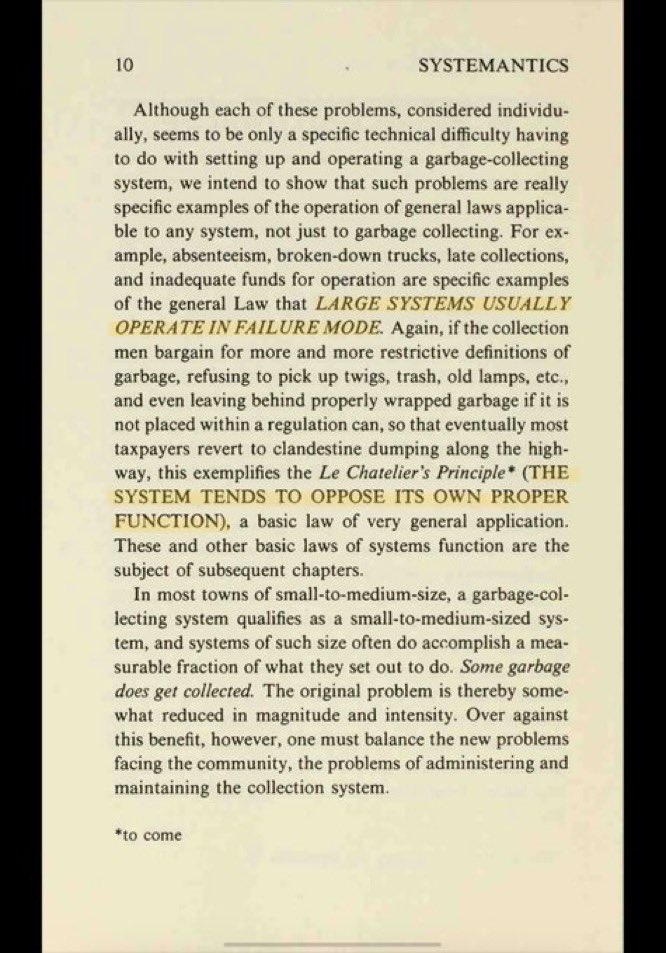
when someone turns in their notice, you should not respond with:
🍄 silence
🍄 stony stares
🍄 retaliation
🍄 pressure
🍄 guilt tripping
🍄 ignoring them
🍄 failing to meet their eyes
🍄 saying "we're better off without them anyway" TO ANYONE
-- my subtweet of the day
🍄 silence
🍄 stony stares
🍄 retaliation
🍄 pressure
🍄 guilt tripping
🍄 ignoring them
🍄 failing to meet their eyes
🍄 saying "we're better off without them anyway" TO ANYONE
-- my subtweet of the day
if you really are better off without them, that's a problem with *your* managers, not their fault. saying so is sour grapes, and making it about them inappropriately.
if you loved working with them, by all means tell them how much you will miss them, and you hope to work with them again someday! this is a small industry, and you very likely will.
don't leave them with a lingering sour taste about you.
don't leave them with a lingering sour taste about you.
guilt tripping is just flat uncool. if you loved having them and will miss them, say so. but it's on YOU to make your company the best place for them to work for as long as possible.
try to expect people to do the right thing for themselves, and thank them for doing so.
try to expect people to do the right thing for themselves, and thank them for doing so.
i say "try to", because in fact most people don't. most people hang on to a job that's no longer what's best for them for WAY TOO LONG, because they feel loyalty to the people, or have an overdeveloped sense of responsibility, or their bar is terribly low due to past experiences.
people actually need encouragement to do what's right for them more often than not. if you're a leader worth your salt, you won't force people to act in ways that aren't in their best interest.
you'll work with them to find a good fit, and you'll wish them well when there isn't.
you'll work with them to find a good fit, and you'll wish them well when there isn't.
i realize this is a high bar, and it's okay if people never quite feel comfortable to do it, but our explicit, oft-stated goal for managers at honeycomb is that reports should *always* feel safe bringing up whether or not it's time for them to leave or not.
it's in everybody's best interest to be able to discuss what isn't working openly. "no retaliation" is a low fucking bar, and we should be able to do a hell of a lot better. ALL of us should.
you're not going to get fired or put on a mental "short term" list. if it's not working, if we've exhausted all attempts, it probably sucks more for you than anyone else, so let's come up with a graceful exit plan together that lets you have agency over the process.
but like honestly.. *what are you thinking*, treating people this way?
if you didn't like working with them, it's so easy to say nothing and treat them politely for what, two more weeks? the end is in sight! be decent. you never know who may have power over you in the future. 😛
if you didn't like working with them, it's so easy to say nothing and treat them politely for what, two more weeks? the end is in sight! be decent. you never know who may have power over you in the future. 😛
if you loved working with them and you want them to think well of you, how do you want them to remember you?
at honeycomb we call it "graduation" when someone leaves, and we throw them a party. we tell stories of their triumphs. 🥳🎉
at honeycomb we call it "graduation" when someone leaves, and we throw them a party. we tell stories of their triumphs. 🥳🎉
it's a small fucking industry full of gossipy people. for purely selfish reasons alone, this is wrongheaded behavior.
if you want to work with your favorite people again, don't salt the earth -- leave them with a warm glow in their belly when they remember you.
if you want to work with your favorite people again, don't salt the earth -- leave them with a warm glow in their belly when they remember you.
the way you build loyalty as a leader is by showing that you do what's best for any individual person, even when it's harder for you in the short term.
people will flock to you, they will want to work with you over and over again. you can fuck up a lot if you get this one right.
people will flock to you, they will want to work with you over and over again. you can fuck up a lot if you get this one right.
and if you're wondering who i'm subtweeting, the list is too long to count at this point. everyone is leaving their jobs, and y'all are *not* making this a pleasant experience for the most part.
(i'd love to hear testimonials of companies that are doing it right ☺️)
(i'd love to hear testimonials of companies that are doing it right ☺️)
• • •
Missing some Tweet in this thread? You can try to
force a refresh





